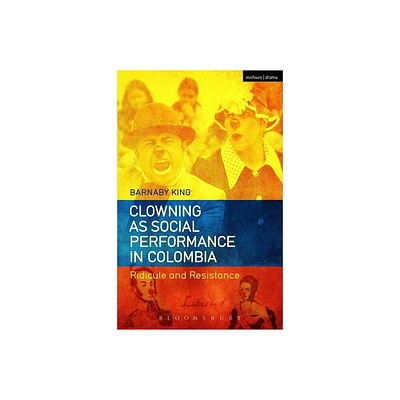Home
Cicero, Catullus, and the Language of Social Performance
Loading Inventory...
Barnes and Noble
Cicero, Catullus, and the Language of Social Performance
Current price: $74.00


Barnes and Noble
Cicero, Catullus, and the Language of Social Performance
Current price: $74.00
Loading Inventory...
Size: OS
*Product Information may vary - to confirm product availability, pricing, and additional information please contact Barnes and Noble
Charm, wit, and style were critical, but dangerous, ingredients in the social repertoire of the Roman elite. Their use drew special attention, but also exposed one to potential ridicule or rejection for valuing style over substance. Brian A. Krostenko explores the complexities and ambiguities of charm, wit, and style in Roman literature of the late Republic by tracking the origins, development, and use of the terms that described them, which he calls "the language of social performance."
As Krostenko demonstrates, a key feature of this language is its capacity to express both approval and disdain—an artifact of its origins at a time when the "style" and "charm" of imported Greek cultural practices were greeted with both enthusiasm and hostility. Cicero played on that ambiguity, for example, by chastising
lepidus
("fine") boys in the "Second Oration against Catiline" as degenerates, then arguing in his
De Oratore
that the successful speaker must have a certain charming
lepos
("wit"). Catullus, in turn, exploited and inverted the political subtexts of this language for innovative poetic and erotic idioms.
As Krostenko demonstrates, a key feature of this language is its capacity to express both approval and disdain—an artifact of its origins at a time when the "style" and "charm" of imported Greek cultural practices were greeted with both enthusiasm and hostility. Cicero played on that ambiguity, for example, by chastising
lepidus
("fine") boys in the "Second Oration against Catiline" as degenerates, then arguing in his
De Oratore
that the successful speaker must have a certain charming
lepos
("wit"). Catullus, in turn, exploited and inverted the political subtexts of this language for innovative poetic and erotic idioms.


















